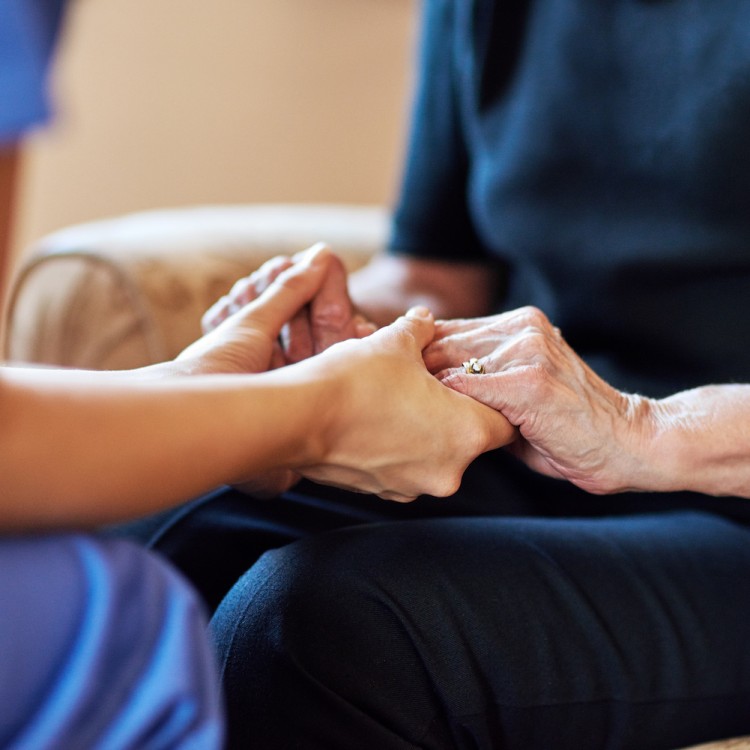The loss of a loved one can have an impact long after death. VNA’s highly trained staff can help you navigate the grief process through support, education and resources. Click here to learn about VNA’s Bereavement Services. The following information is provided to help you start your journey toward healing.
View Our Most Recent Bereavement Newsletter: September 2024 Bereavement Updates
Taking Care of Yourself After a Loss
- Accept Your Feelings
Give yourself permission to experience the feelings that come with grieving. When you embrace the pain of your loss, it helps you work through your grief. Allow yourself to think about the person who died and to replay memories. It’s all right to distract yourself from your grief at times. Don’t try to avoid grief completely; that would prolong your mourning.
- Find Supportive People
Some people will be uncomfortable with your grief and try to hurry the process. Others will listen, understand and encourage you. Their ongoing support will help you to heal, and you will feel less alone with your pain. Talking about your emotions in a safe environment helps to reduce the stress that accompanies grief.
- Rest, Nutrition & Exercise
Grief can sap energy and disrupt sleep and appetite. Exhaustion often follows a death, especially after taking care of a terminally ill loved one. Sleep disturbances are common. Allow yourself extra time to rest. Short naps during the day can be helpful. It is often difficult to eat regularly after the death of a loved one. Small healthy snacks throughout the day can provide the nutrition you need. Regular exercise can also make a big difference in the way you feel. A brisk walk or even a leisurely stroll can improve sleep, clear your mind, and renew your strength.
Misconceptions About Grief
Modern medicine has helped people live longer, and many people are middle-aged before they experience a major loss. Grief is unfamiliar territory. Here are some commonly held misconceptions about grief:
Myth: Grief should last only a short time.
Truth: Grief has no set timetable. Many factors influence the length of the grieving process, including the circumstances of death, the relationship with the person who died, his or her age, and many other factors.
Myth: Grief happens in predictable stages.
Truth: Grief is a highly individual process. Each person grieves in his or her own unique way and may or may not follow a predictable pattern.
Myth: It’s better not to talk about the person who died. It might make people sad.
Truth: Many bereaved people feel even sadder and more alone if their loved ones are never mentioned. Bereaved people should be encouraged to talk about their feelings, experiences, and memories. The grief process may become complicated if thoughts and emotions are not able to be expressed.
Common Grief Reactions
Grief is a normal and natural response to loss. It can be so intense that you wonder if you’re going crazy. Grief can also be milder than you thought it would be, especially if the illness was long or difficult. People often worry if their feelings, thoughts, or actions are normal and healthy. Some common grief reactions include:
- Feeling numb
- Feeling overwhelmed
- Sadness, loneliness, crying unexpectedly
- Exhaustion, difficulty sleeping
- Low energy, lack of motivation
- Loss of appetite or overeating
- Trouble concentrating, forgetfulness
- Stress-related physical symptoms
- Restlessness
- Withdrawal
- Fear, anxiety
- Anger
- Relief
- Guilt
It can be a great comfort to talk to someone who is familiar with the grief process. VNA’s experienced social workers, chaplains, nurses, bereavement coordinator and volunteers are available to help.
